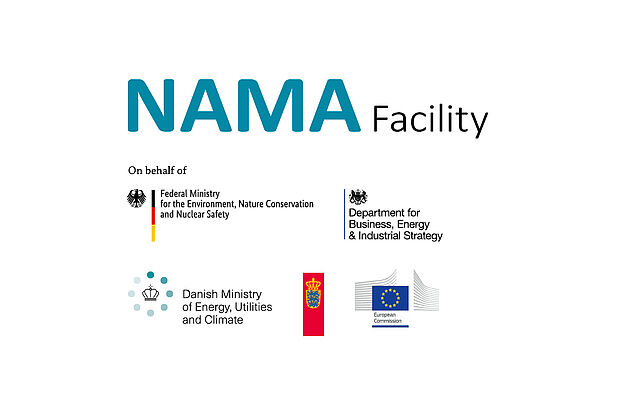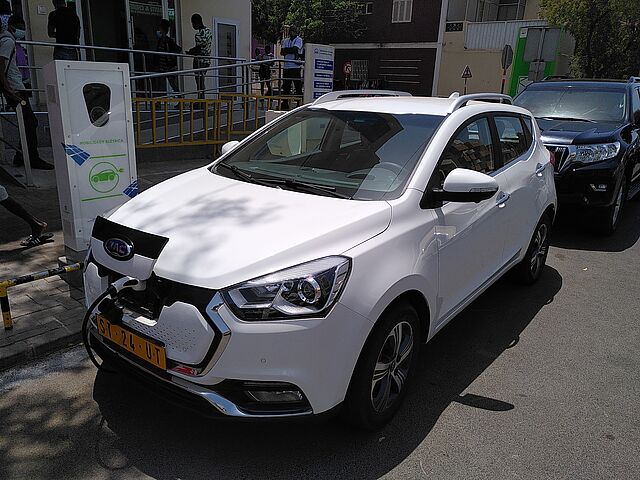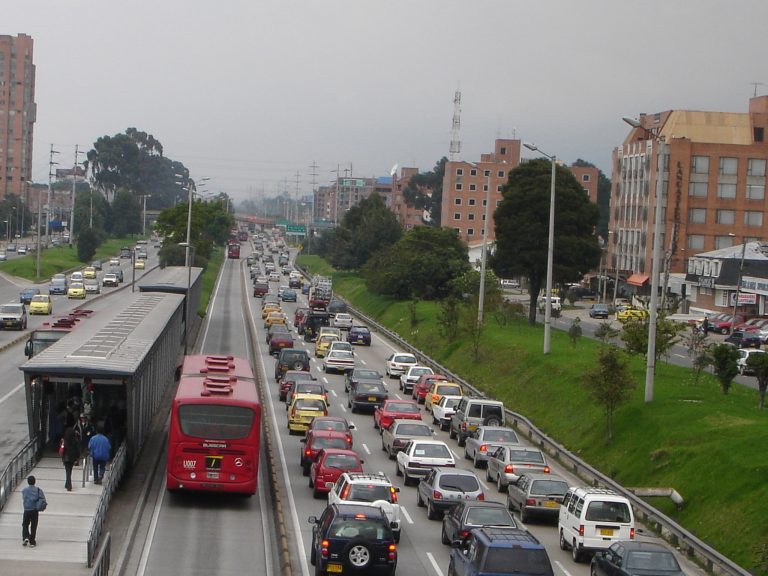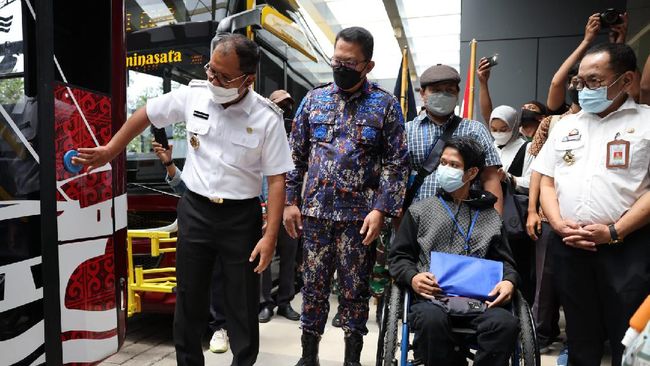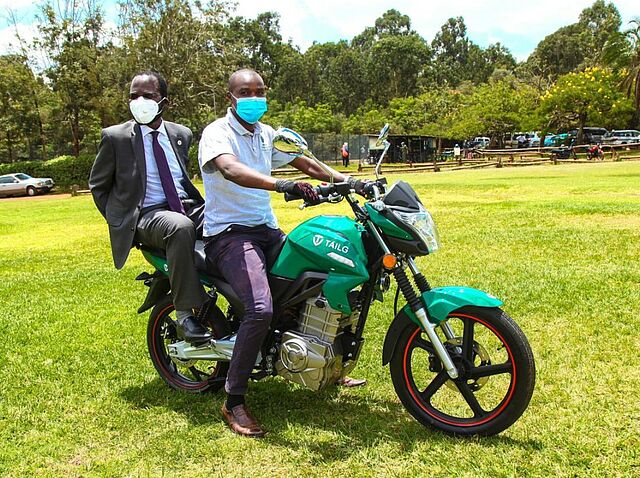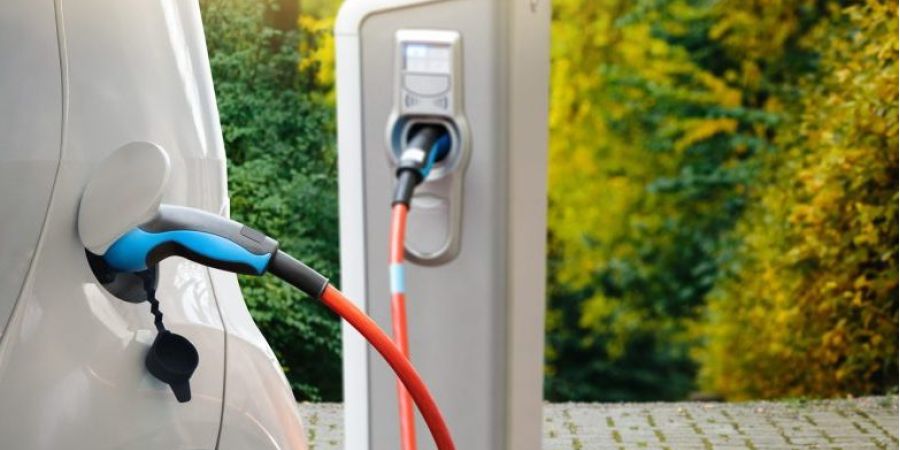
Background: In 2012, mainly due to fossil technologies, ground transportation in Colombia was responsible for up to 25.6 MtCO2e of greenhouse gas emissions, representing 9.9% of the overall country emissions. To reduce the climate impact of the transportation sector and achieve the country’s Nationally Determined Contribution (NDC), the Colombian Ministry of Transport has committed to build a public fleet of up to 557,000 electric cars in the country by 2030, which would result in more than 3.69 MtCO2e of avoided emissions per year.
Approach to Transformational Change: The project “Building an Enabling Environment to Develop Electricity-Based Mobility,” or “Colombia – E-mobility” for short, aimed to set the course for the development of electric mobility in Colombia by building a regulatory and financial enabling environment that would allow for the massification of electric vehicles, creating substantial demand by 2024 – when electric vehicles were expected to achieve price parity with fossil technologies. The project wanted to build the institutions and capabilities to support the development of electric mobility, including the design and implementation of corresponding policy. It targeted to establish the regulatory and technical standards for commercialisation and operation, implement a large-scale communications and capacity development strategy, define an electricity tariff scheme for transportation and establish quotas for the governmental fleet to showcase the benefits of electric vehicles, thus stimulating market demand.
In order to induce electric vehicle uptake, the project planned to introduce a cross subsidy scheme, based on energy efficiency and GHG emission rates and a mix of dedicated financing tools to facilitate private financing through credit lines, with preferential interest rates that better assure profitability for early investments into electric mobility in Colombia. Over EUR 300 million were expected to be leveraged from the public and private sector in Colombia.
Mitigation potential: The project aimed to directly avoid over 220,000 tCO2e over its implementation lifetime and over 1.4 MtCO2e over the expected technology lifetime of 10 years.

